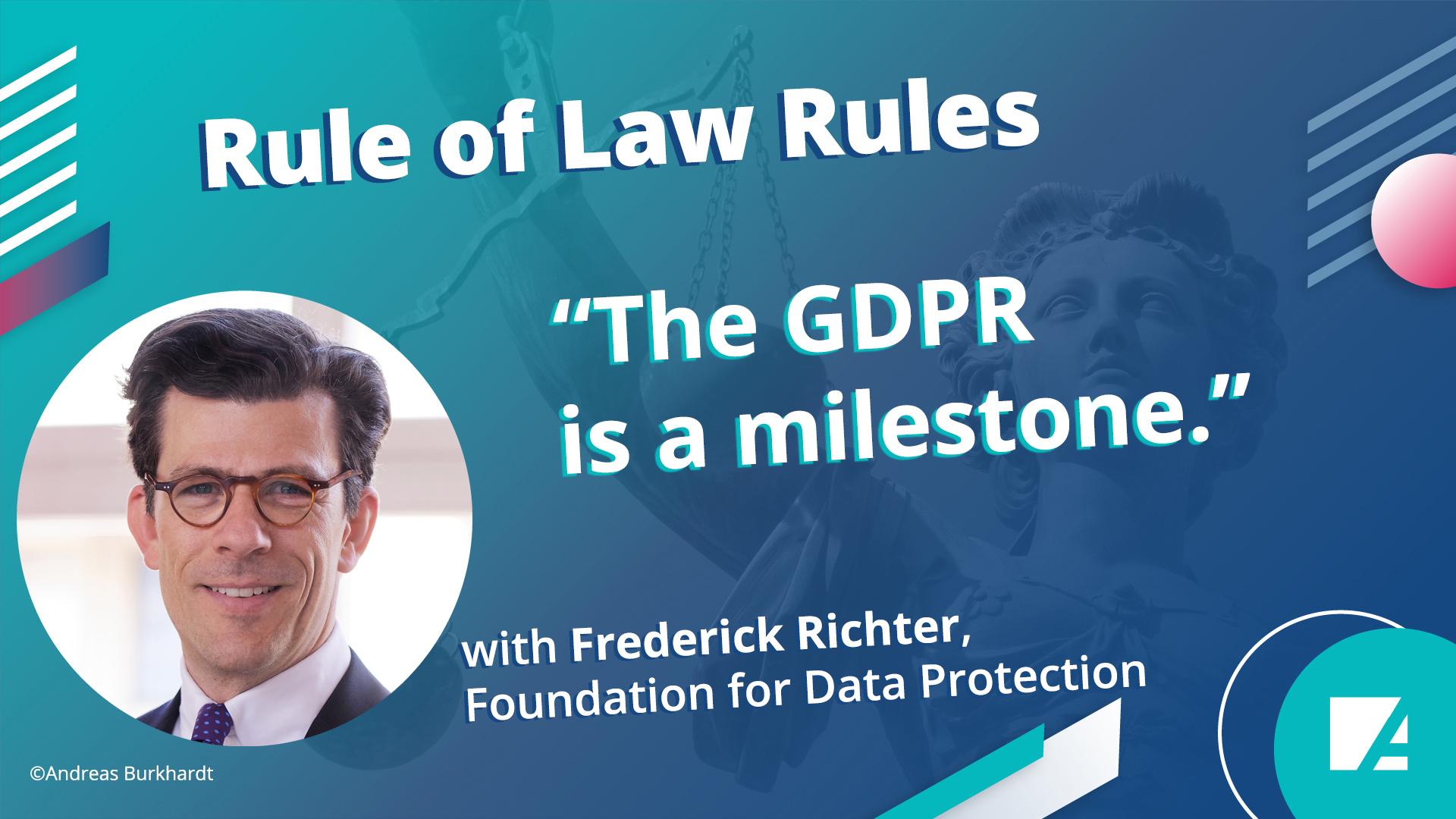The year 2024 marks a turning point for digital political communication in Germany: for the first time, artificial intelligence (AI) plays a decisive role in election campaigns. This development offers opportunities to promote democratic innovations and citizen participation but also poses significant risks, such as disinformation and the fragmentation of political discourse. This study comprehensively examines the dynamics and implications of AI usage in the political context, particularly in the European elections and state elections.
The German media landscape has undergone profound changes in recent years due to the growing influence of social media and algorithmically curated content. AI technologies such as deepfakes, chatbots, and generative models enable political actors to achieve unprecedented precision and reach in targeting their audiences. Parties like the AfD, in particular, use AI strategically to amplify emotional messages, spark controversial debates, and expand their online presence. At the same time, the party exploits vulnerabilities in social media platforms by leveraging algorithms to disseminate polarising content. These developments raise pressing questions about transparency, regulation, and the ethical boundaries of AI use.
In contrast, smaller parties like Volt demonstrate how AI can be effectively used as a tool for data-driven strategies to save resources and mobilise new voter groups. However, the analysis also highlights the potential dangers of insufficiently labelled AI-generated content, which can manipulate public debate and erode trust in democratic processes.
The study identifies regulatory gaps and proposes concrete measures to safeguard the integrity of democratic elections. A multi-stakeholder approach, clear labelling guidelines, and heightened public awareness of the risks associated with AI in political communication are essential. Developing a binding "Code of Conduct" for political parties and rigorously enforcing existing platform policies are additional key recommendations.
The findings underscore that the use of AI in political communication is a double-edged sword: while the technology offers innovative ways to strengthen democratic processes, it can also endanger the foundations of a functioning democracy through manipulative practices and fragmented information spaces. The future design of regulatory frameworks will be critical in ensuring that the potential of AI is used responsibly, and its risks are minimised.
Read the entire publication: ‘KI und Wahlen: Neue Dynamiken der digitalen Demokratie in Deutschland’ here as a PDF. Please note, to date the analysis is only available in German.







